Description
ABSTRACT
The primary purpose of this study is to ascertain the effects of corruption in the Nigerian public service. The survey method of descriptive research was used for the study. The main instrument used in data collection for the study was a questionnaire and its responses were detailed in frequency tables and percentage which was used to analyze the data.
The result of the analysis and interpretation revealed that bureaucracy has too much innovation and not rigidity, it sees human feelings and not regarding human as a programme like machines and appropriately manipulated to produce standard outcomes in Nigeria. It was also discovered that rules and regulation encourage the operation of the Nigerian police force. Impersonal orientation help the actualization of police force objectives, too close supervision and control that helps bureaucrat in the process of carrying out assigned works in Nigeria. Also employees are motivated due to unsterile work environment, strict adherence to rules and regulation applied to workers. Creativity and innovation, hierarchy of authority fosters the process of decision, a message sender and message received for short communication, division of work compete of work comment and slow the process of decision making. Therefore, employees are satisfied by the method of payment and remuneration.
TABLE OF CONTENT
Title Page = = = = = = = = = i
Approval page = = = = = = = = ii
Dedication = = = = = = = = iii
Acknowledgement = = = = = = = iv
Abstract = = = = = = = = v
Table of Content = = = = = = = vi-viii
Chapter One
1.0 Introduction = = = = = = = 1
1.1 Background of the Study = = = = = 2-3
1.2 Statement of the Problem = = = = 4-5
1.3 Objectives of the Study = = = = = 6
1.4 Research Questions = = = = = = 7
1.5 Significance of the Study = = = = 8
1.6 Scope of the Study = = = = = = 8
1.7 Limitation of the Study = = = = = 9
1.8 Definition of Terms = = = = = = 10-11
Chapter Two
2.0 Literature Review = = = = = = 12
2.1 Introduction = = = = = = = 12-21
2.2 Nature & Characteristics of corruption = = 22-23
2.3 Forms of Corruption = = = = = = 24
2.4 Element Impact of Corruption = = = = 25-28
2.5 Causes of Corruption = = = = = 29
2.6 Bureaucracy = = = = = = = 30
2.7 Functions of Bureaucracy = = = = 30-31
2.8 Principles of Bureaucracy = = = = 32-33
2.9 Effective Control of Corruption and Summary= 34-35
References = = = = = = 36
Chapter Three
- Research Design and Methodology = = = 37
3.1 Introduction = = = = = = = 37
3.2 Research Design = = = = = = = 37
3.3 Source/ Method of Data Collection = = = 38
3.4 Population and Sample Size = = = = 39
3.5 Sampling Techniques = = = = = 40
3.6 Validity and Reliability of Measuring Instruments 40
3.7 Method of Data Analysis = = = = = 40
Chapter Four
4.0 Presentation and Analysis of Data = = = 41
4.1 Introduction = = = = = = = 41
4.2 Data Presentation = = = = = = 41
4.3 Analysis of Data = = = = = = 41-48
4.4 Test of Hypothesis = = = = = = 49-51
4.5 Interpretation of Result (s)= = = = = 52-54
Chapter Five
5.0 Summary, Conclusion and Recommendation = 55
5.1 Introduction = = = = = = = 55
5.2 Summary of Findings = = = = = 55
5.3 Recommendation = = = = = = 56
5.4 Conclusion = = = = = = = 57-59
References = = = = = = 60
Appendix
Questionnaires = = = = = 61-64

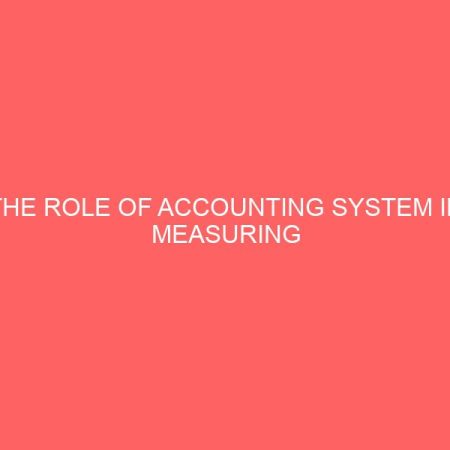

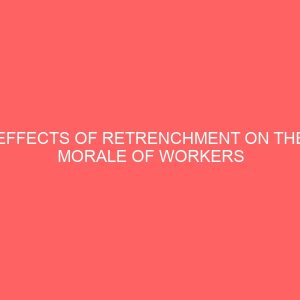
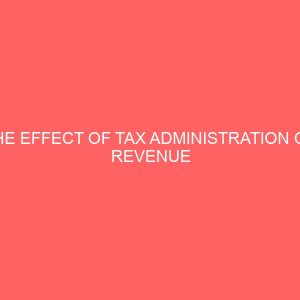
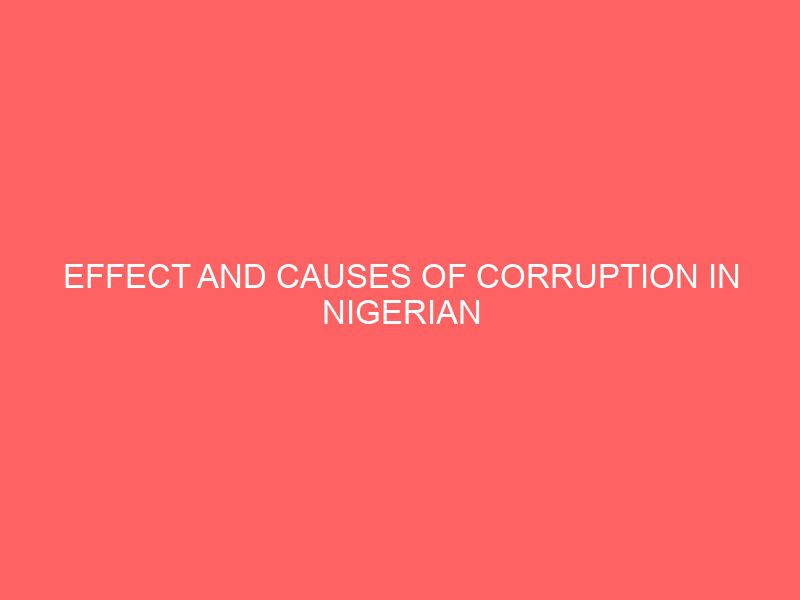
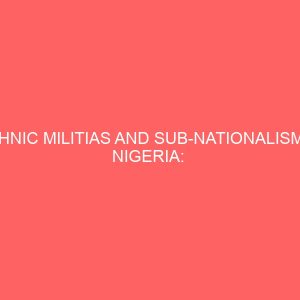
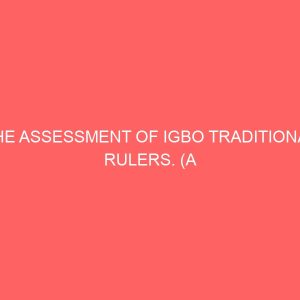
Reviews
There are no reviews yet.